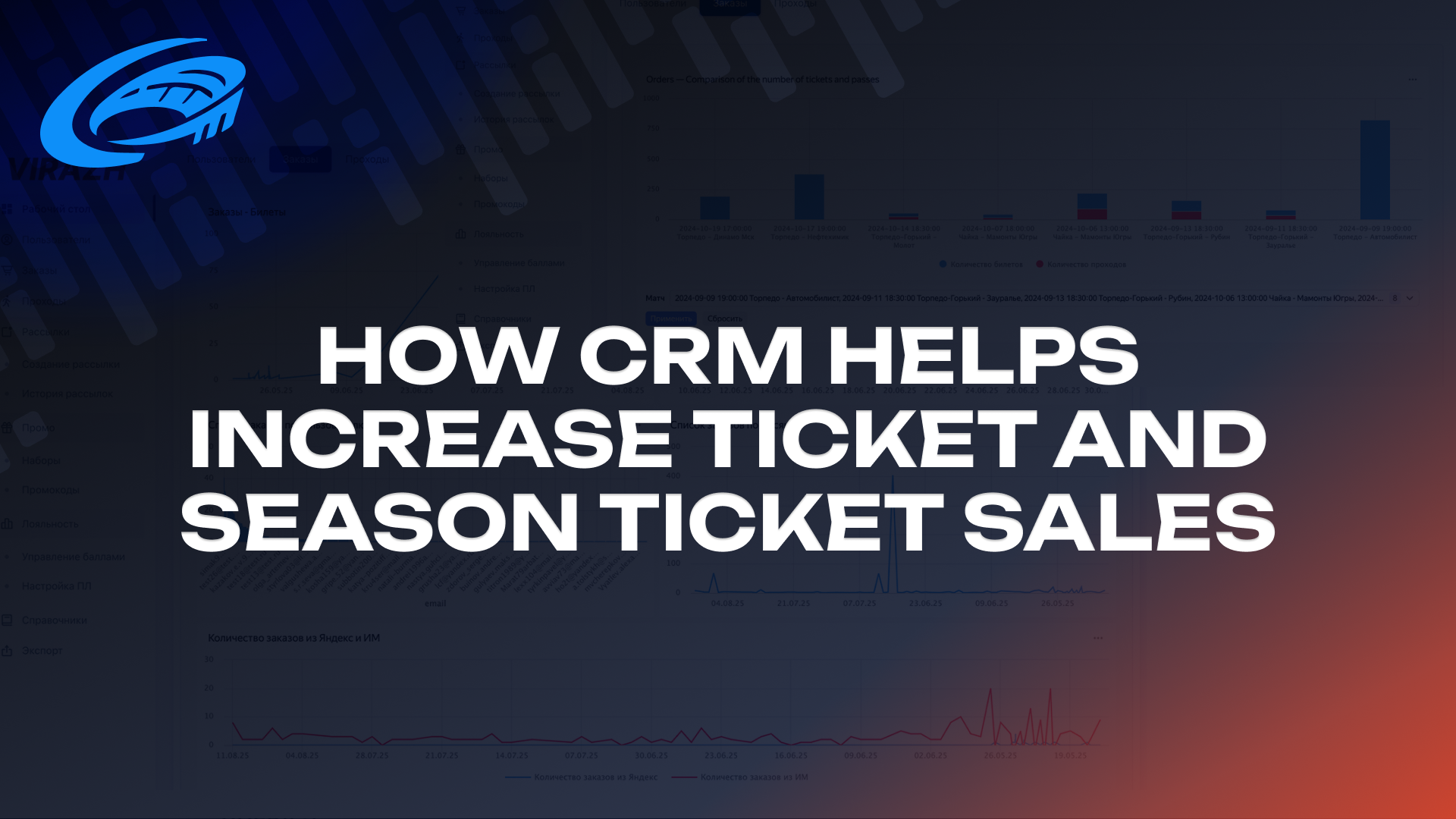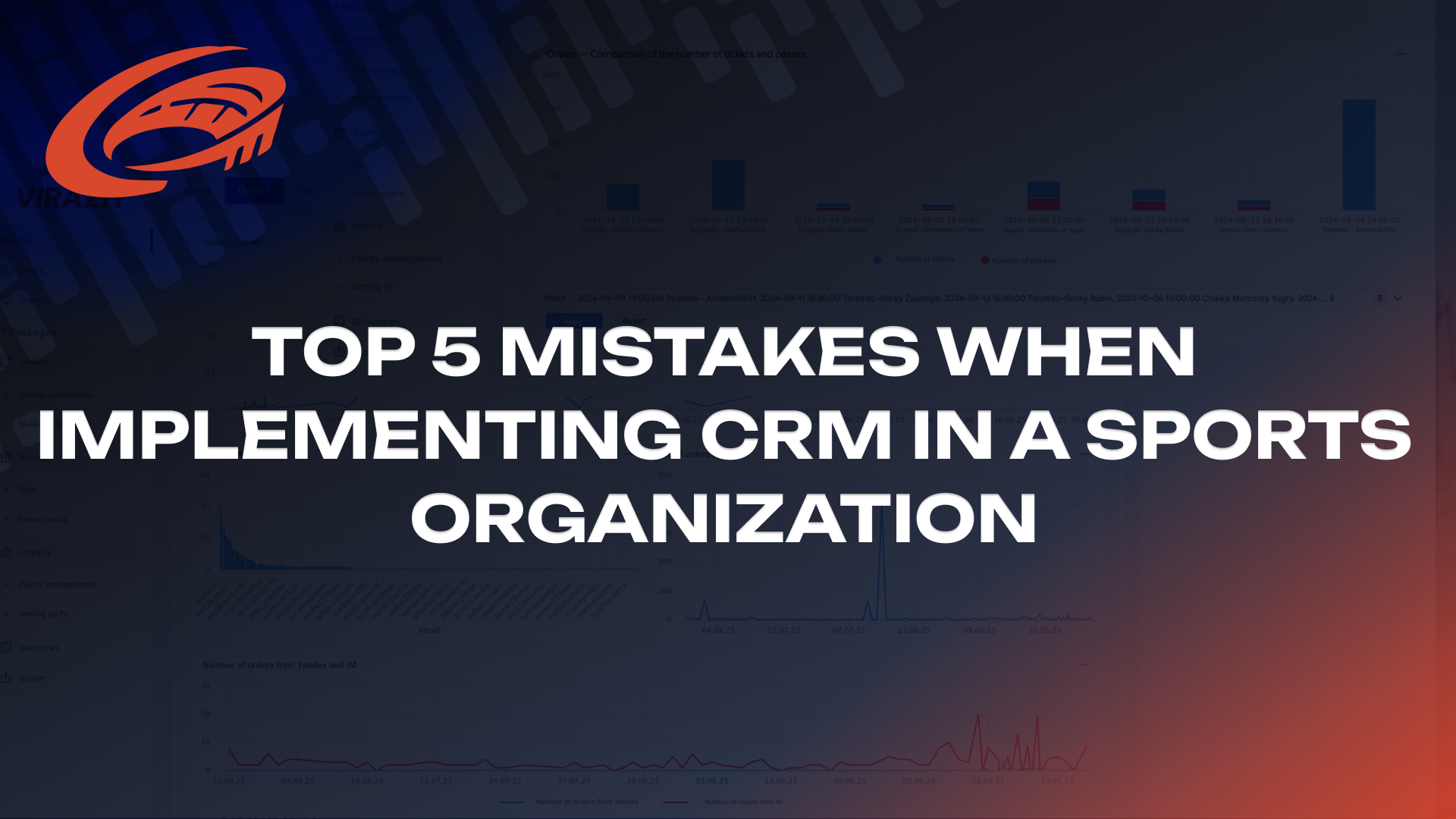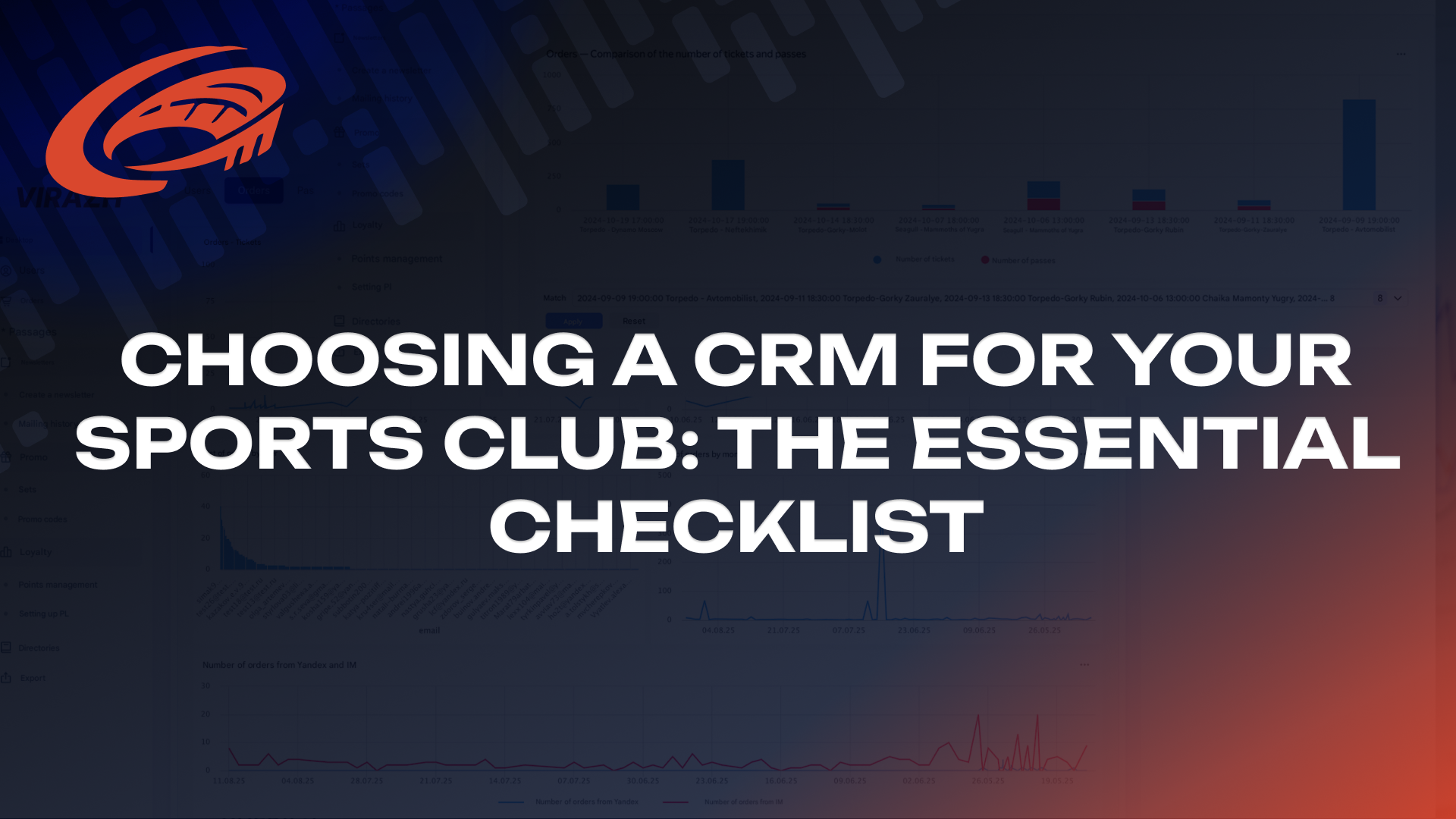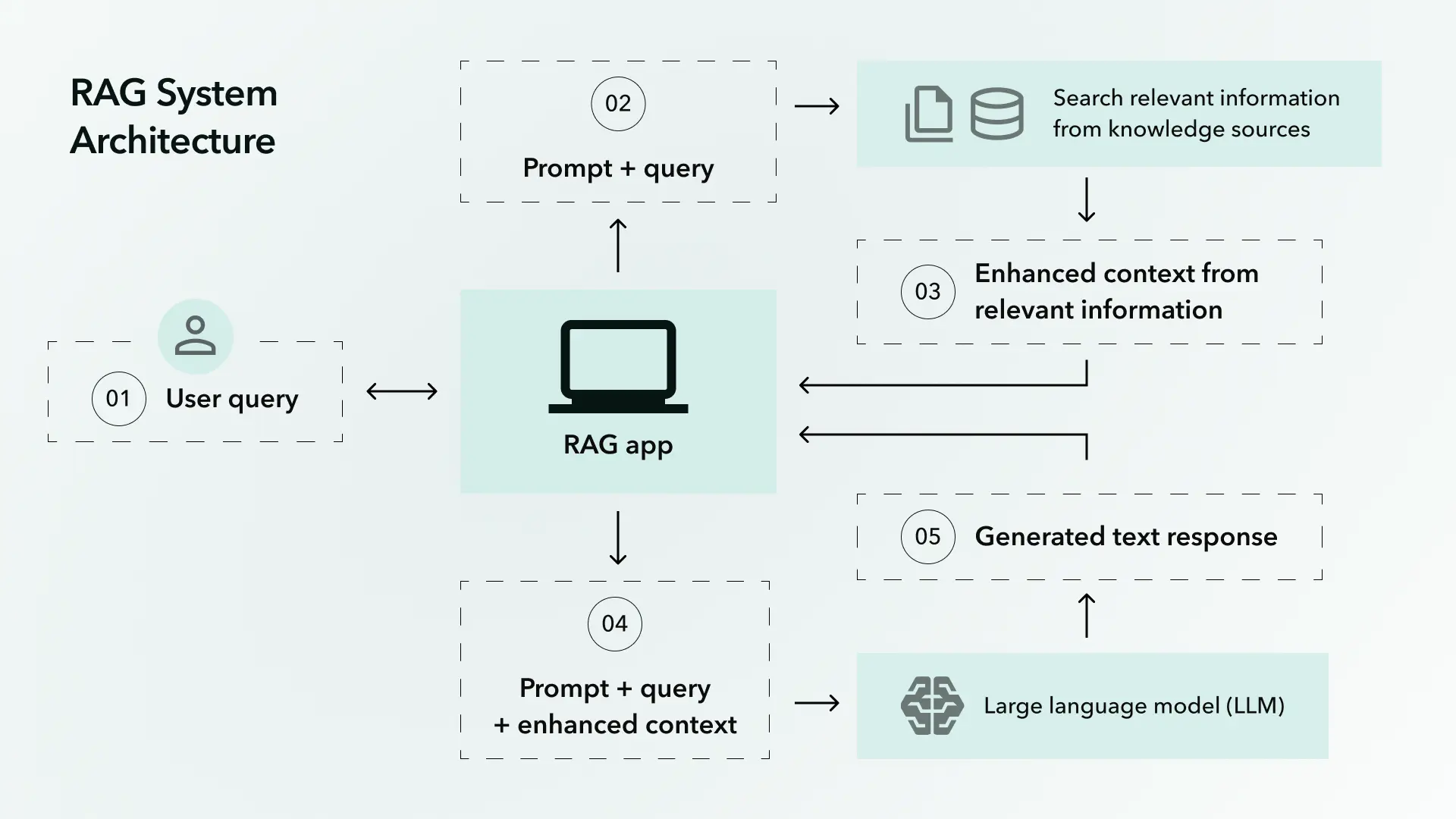KYC for mobile applications in FinTech
In the fast-paced world of financial technology (fintech), Know Your Customer (KYC) processes have emerged as a cornerstone of secure, efficient, and trustworthy mobile applications. As businesses navigate an increasingly digital landscape, robust KYC systems are essential for ensuring regulatory compliance, safeguarding user data, and fostering customer confidence.
We will walk through the standards in different regions – Europe, USA, CIS countries and the Balkans, with companies such as Robinhood, Deloitte, Grid Capital as real-world examples. Finally, we will cover what The BrightByte can do to help firms implement robust, scalable KYC workflows for specific regulatory requirements such as these.
Why KYC is critical for fintech mobile apps
KYC is one of the most important processes that must be done by fintech platforms, both for security, transparency and being legal adequately. Here's why it is important:
- Enhancing security. At Fintech, fraud, money laundering and identify theft will always be a problem. A proper KYC process is able to validate targets and detect anomalies so they do not burnt into massive security incident.
- Fortify user trust. KYC process must be easily and transparent to users of the platform so that they trust what is going on. That trust fuels loyalty, especially in competitive markets for fintech as user experience can define a product.
- Meet global compliance standards. Fintech companies must navigate complex regulatory environments. Whether it's GDPR compliance in Europe, AML laws in the US, or rapidly evolving standards in the CIS, KYC ensures alignment with regulatory requirements.

The KYC process is very important because it is, in fact, the bridge that either opens the door to a new customer for a particular fintech company or closes the door forever.
A global study of over 450 C-level executives across corporate, institutional and commercial banks found that more than two-thirds (67%) have lost clients due to slow and inefficient client onboarding and KYC, up 19% from 2023 <...> According to Fenergo’s research, the annual cost for performing KYC reviews at a corporate and institutional bank is estimated to be $60 million and $175 million for a commercial bank.
*Research from Fenergo
Key components of a successful KYC process for FinTech
For fintech companies, an effective KYC framework is built around several critical steps:
Customer Identification Program (CIP)
What it involves:
This is the step of going to each source and picking verifications from different levels so that the customer details can be collected and verified. It usually includes:
- Full name
- Date of birth
- Home address
- Government ID (e.g., passport or driving licence)
- Address verifications (e.g., utility bills, bank statements)
How the verification is done:
- Optical character recognition (OCR): Used to verify documents.
- Biometric verification: Includes voice, face, or fingerprint verification.
Why it matters:
It is essential to prevent identity theft, fraud, and unauthorised access to customer accounts by verifying the right person as a human being.
Customer Due Diligence (CDD) and Enhanced Due Diligence (EDD)
What it includes:
- Verification of the authenticity of the customer's business activities.
- Checking relationships with politically exposed persons (PEPs).
- Screening against global sanctions lists.
- Risk profile segmentation by customer risk levels (low, medium, and high).
- EDD is employed to identify high-risk customers that standard CDD cannot detect.
Why it matters:
Enables fintech companies to identify and remediate risks step-by-step, helping them comply with anti-money laundering (AML) regulations and protect the financial system.
Continuous Monitoring of Transactions for Anomalies and Compliance Breaches
What it means:
Once a customer is onboarded, their transactions are monitored for:
- Anomalies or unusual behaviour.
- Abnormal transaction amounts.
- High-risk transactions.
- Entities that appear flagged.
How it works:
- Real-time transaction data is analysed by automated systems.
- These systems generate Suspicious Activity Reports (SARs), which are reviewed by compliance teams.
Why it matters:
Maintains compliance in an evolving environment, increasing resilience to financial crime and fostering stakeholder confidence.
Characteristics of a Successful KYC Mobile Application
User-Friendly Design: Simplifies Onboarding
Key features:
- Intuitive navigation and clean interfaces to streamline the onboarding process.
- Clear instructions for uploading documents or completing verification steps.
- Mobile-optimised design to ensure seamless functionality on smaller screens.
AI-Powered Verification: Ensures Fast and Accurate Processing
Key features:
- Real-time document validation using artificial intelligence.
- Automated facial matching for biometric authentication.
- Fraud detection mechanisms to flag forged or altered documents.
AML Integration: Aligns with Anti-Money Laundering Measures for Comprehensive Compliance
Key features:
- Seamless integration with anti-money laundering (AML) databases and information matching tools.
- Automated checks against global watch lists, sanctions databases, and PEP lists.
- Real-time alerts on suspicious activity.
Combined, these elements form an integrated framework that drives compliance, security, and an excellent user experience. Fintechs that successfully implement these practices will thrive in regulatory compliance, customer trust, and operational efficiency in the fast-paced financial world.
Case Studies: Real-World Applications of KYC in FinTech
Let’s explore three of the most illustrative examples:
Robinhood: Gen Z Focused Onboarding
Features:
- Instant account activation.
- Biometric verification for enhanced security.
- A seamless process designed to engage younger users.
Scenario:
A young user opens the Robinhood app, ready to invest in their first stock. The app prompts them to upload their passport and verify their identity. The process takes just a few minutes, but KYC ensures that the platform is working with a real person and protects the user from fraudsters who might misuse their data.
Deloitte: Tailored Solutions for B2B Clients
Features:
- Customized workflows designed for business clients.
- Integration with regulatory systems.
- Advanced fraud detection mechanisms.
Scenario:
An international company seeks to quickly open a corporate account for payments with a new partner. Deloitte guides them through the KYC process, including verification of beneficiaries and legal documents. This ensures the partner is not associated with questionable entities, enabling secure transactions without the risk of regulatory blocks.
Grid Capital: KYC for Online Trading
Features:
- Verification of the source of funds.
- Safeguarding platform reputation.
Scenario:
A buyer wishes to purchase shares in a start-up company via the Grid Capital platform. Before proceeding with the transaction, the system requests confirmation of the source of funds. This step ensures the legitimacy of the funds, protecting the platform’s reputation and all parties involved in the transaction.
And, of course, like any complex process, KYC has its regional idiosyncrasies. Let's take a closer look at the regional differences.
KYC in Europe
Features:
- Strong focus on data protection and reliable identity verification due to stringent regulations like GDPR and AML directives.
- Increasing popularity of E-KYC tools leveraging AI and automation.
Example:
Revolut, a leading fintech app, uses biometric authentication and document verification to scale legally compliant customer onboarding.
Best Practices:
- Implement AI-powered tools for faster verification.
- Adhere strictly to GDPR standards for transparent data handling.
- Regularly train teams on regulatory updates.
KYC in the USA
Features:
- Stringent AML requirements under laws like the Bank Secrecy Act and USA PATRIOT Act.
- Layered KYC processes to address higher-risk activities.
Example:
Robinhood employs fast ID scanning combined with biometric verification to attract Gen Z users while maintaining compliance.
Best Practices:
- Use dynamic risk scoring to streamline processes.
- Collaborate with regulators to ensure secure verification methods.
KYC in CIS Countries
Features:
- Rapid adoption of digital KYC tools to combat financial crime.
- Challenges include inconsistent enforcement and varying data protection standards.
Example:
Tinkoff Bank leverages video verification and AI-driven scanning for efficient remote onboarding.
Best Practices:
- Use machine learning to detect and mitigate fraud.
- Ensure multilingual support to accommodate diverse user bases.
KYC in the Balkans
Features:
- Focus on digital onboarding in line with EU standards, despite infrastructure limitations.
Example:
Raiffeisen Bank simplifies KYC processes with EU-compliant digital tools to attract younger customers.
Best Practices:
- Invest in infrastructure for effective e-KYC adoption.
- Simplify interfaces to make them accessible for non-technical users.
Benefits of Automating KYC in FinTech
Automating Know Your Customer (KYC) processes in fintech brings significant benefits. Many software solutions cater to this need, offering tools for identity verification, transaction monitoring, and regulatory compliance.
Faster Customer Onboarding
Problem Solved:
Manual KYC processes delay onboarding by days or weeks, leading to user frustration and potential customer loss.
How Automation Helps:
Solutions like Onfido and Jumio use AI-powered identity verification to process customer data within minutes.
Example:
Onfido scans and verifies documents such as passports or driving licences and uses facial recognition to match documents with users, speeding up onboarding while maintaining accuracy.
Profit:
Improved customer experience and higher conversion rates.
Improved Compliance
Problem Solved:
Fintech companies face stringent AML and counter-terrorist financing (CTF) regulations. Manual processes risk human error and non-compliance.
How Automation Helps:
Tools like Trulioo and IDnow integrate directly with AML databases, automatically screening users against sanctions lists, PEP databases, and negative media.
Example:
Trulioo’s GlobalGateway performs instant checks against government databases and watch lists, ensuring compliance across jurisdictions.
Profit:
Reduces the likelihood of regulatory fines and penalties while strengthening the compliance framework.
Cost Efficiency
Problem Solved:
Manual KYC processes require significant investment in staff, training, and infrastructure, straining resources, especially for startups.
How Automation Helps:
Platforms like Sumsub automate tasks such as document verification and risk assessment, reducing the need for large teams.
Example:
Sumsub automates up to 90% of document verification, allowing compliance teams to focus on high-priority issues.
Profit:
Reduced operational costs while maintaining high accuracy and compliance standards.
Improved Fraud Detection and Risk Management
Problem Solved:
Fraudulent accounts and identity theft pose significant risks. Manual checks often miss subtle fraud patterns.
How Automation Helps:
Solutions like Socure and LexisNexis Risk Solutions use machine learning to detect fraud patterns in real-time.
Example:
Socure’s predictive analytics tool identifies synthetic identities and fraud attempts with over 98% accuracy, improving detection rates by learning from new data.
Profit:
Reduced fraud losses, enhanced corporate reputation, and increased customer trust.
Benefits of Using The BrightByte for KYC Compliance
The BrightByte provides fintech companies with a reliable, scalable, and efficient solution for managing KYC processes. Here's how it helps:
Streamlined Processes
- How it works: AI-driven verification accelerates onboarding by simplifying the document collection and validation process.
- Benefit: Reduces friction for customers, enabling faster access to services.
Compliance Confidence
- How it works: Aligns with global and local regulatory frameworks, ensuring adherence to standards like GDPR, AML directives, and USA PATRIOT Act.
- Benefit: Mitigates the risk of fines and ensures legal integrity.
Scalability
- How it works: The platform supports fintech businesses of all sizes, adapting to both startups and established enterprises.
- Benefit: Grows alongside your business, handling increasing volumes without compromising performance.
User Empowerment
- How it works: Transparent and efficient processes build user trust and loyalty by simplifying onboarding and providing clarity on data handling.
- Benefit: Enhances customer satisfaction and retention rates.
The Backbone of Secure, Efficient Fintech Applications
KYC is essential for preventing fraud, fostering trust, and meeting regulatory requirements. With The BrightByte, fintech companies can:
- Implement tailored, scalable KYC solutions.
- Enhance customer experience.
- Simplify compliance.
KYC is the backbone of secure, efficient fintech mobile applications. By preventing fraud, fostering trust, and meeting regulatory standards, it ensures the long-term success of digital products.
With The BrightByte, businesses can implement tailored, scalable KYC solutions that enhance customer experience and simplify compliance. Explore how The BrightByte can empower your fintech platform today.
























![Custom Software Development Rates by Country [2024]](/assets/images/expertise/it_service/generative-ai-services-hero-banner.webp)





